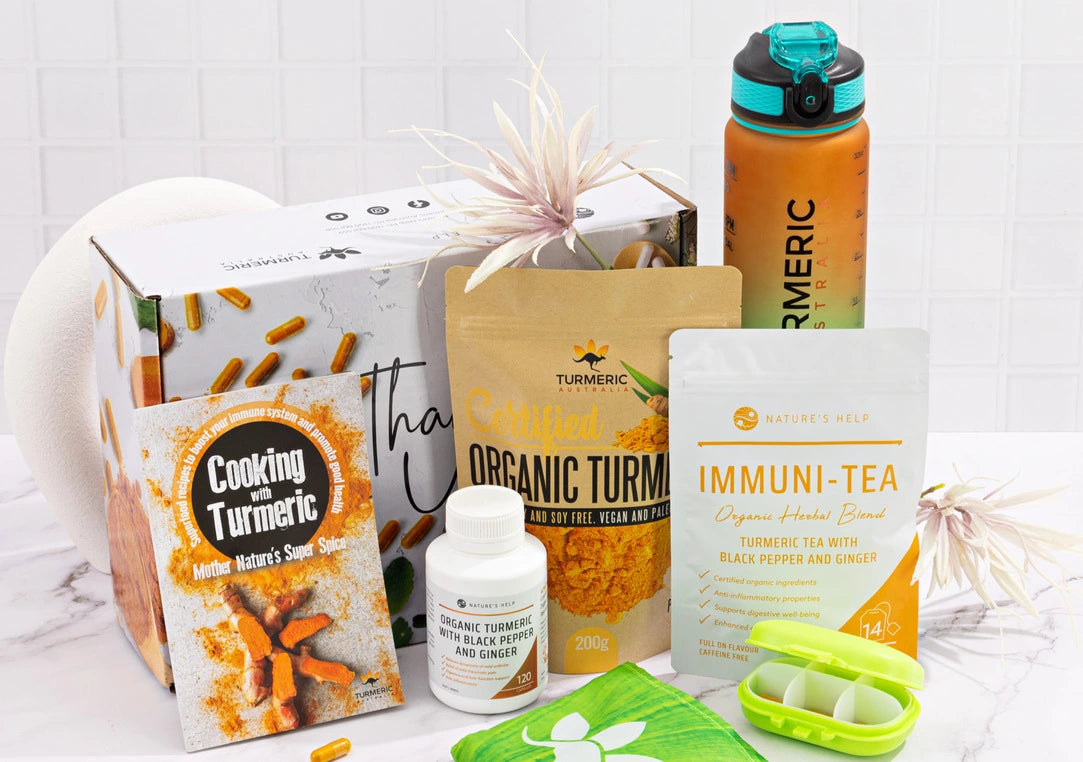The Impact of Poor Nutrition on Your Immune System and the Role of Immune Vitamins
Poor nutrition doesn’t just affect your waistline or energy levels it can profoundly weaken your body’s natural defences. When you skimp on vital nutrients, your immune system struggles to identify, attack and clear infections. The good news is that, alongside a balanced diet, the right immune vitamins can bridge nutritional gaps and help you stay resilient year-round. Ready to fortify your defences? Explore our immune health collection for the supplements you need: immune health collection.

How Nutrition Influences Immunity
Your immune system is a complex network of cells, tissues and organs that work in harmony to protect you. Every step of that process – from recognising pathogens to producing antibodies – depends on specific nutrients:
- Protein provides the building blocks for immune cells and antibodies.
- Antioxidants (like vitamin C and E) neutralise free radicals that can damage immune tissues.
- Fat-soluble vitamins (A, D and K) regulate immune cell growth and function.
- Minerals such as zinc, selenium and magnesium support cell signalling and the inflammatory response.
When your plate is lacking these essentials, you may notice more frequent colds, slower recovery from illness and chronic low-grade inflammation. To close those nutrient gaps, targeted supplementation with immune vitamins can be a smart, science-backed strategy.
Common Nutritional Gaps and Their Effects
Even the healthiest eaters can fall short on certain nutrients:
| Nutrient | Role in Immunity | What Happens When You’re Deficient |
|---|---|---|
| Vitamin D | Activates immune defences in white blood cells | Higher risk of respiratory infections and flu |
| Vitamin C | Boosts antibody production | Slower wound healing, more oxidative stress |
| Zinc | Supports T-cell and natural killer cell function | Impaired white blood cell activity, skin issues |
| Vitamin B6 | Aids production of cytokines | Reduced antibody response |
| Selenium | Strengthens antioxidant enzymes | Weakened defence against viruses |
By identifying which nutrients you consistently struggle to get from food alone, you can tailor your supplement choices. And if you’re looking for a one-stop solution, take a look at our products here: immune health collection.
Top Immune Vitamins and Their Key Benefits
-
Vitamin C
An antioxidant powerhouse, vitamin C enhances the function of phagocytes (cells that “eat” pathogens) and promotes antibody production. Adequate vitamin C levels are linked to fewer colds and milder symptoms if you do get sick. -
Vitamin D
While often dubbed the “sunshine vitamin”, vitamin D is essential for immune cell activation. Studies show that people with low vitamin D are more prone to respiratory tract infections. -
Zinc
Critical for T-cell development and signalling, zinc helps orchestrate immune responses. Even mild zinc deficiency can reduce your resistance to bacteria and viruses. -
Vitamin B6
This B-complex vitamin supports biochemical reactions in the immune system, including the production of interleukins (messenger molecules) and antibodies. -
Vitamin A
Often overlooked, vitamin A maintains the integrity of mucosal barriers (in the skin and gut). This first line of defence prevents pathogens from entering your body. -
Selenium
A key component of antioxidant enzymes, selenium helps control oxidative stress during an immune response and supports overall immune cell health.
To make incorporating these nutrients effortless, consider a formula that combines multiple immune vitamins in one convenient supplement – browse our full range here: immune health collection.
Incorporating Immune Vitamins into Your Daily Routine
It’s not just what you take, but how you take it that matters. Follow these practical tips to get the most from your supplements:
- Be consistent: Take your immune vitamin supplement at the same time each day – ideally with a meal for optimal absorption.
- Watch dosages: More isn’t always better. Stick to recommended daily amounts unless advised otherwise by a healthcare professional.
- Pair wisely: Some nutrients compete for absorption (e.g. zinc and iron), so if you’re taking multiple supplements, space them out.
- Stay hydrated: Water helps transport nutrients throughout your body and supports every aspect of immune function.
For a hassle-free approach, our immune health collection delivers the right blend in one capsule. Discover the complete line-up: immune health collection.
Complementary Strategies for Stronger Defences
- Balance your diet: Emphasise colourful fruits, vegetables, lean proteins and whole grains.
- Manage stress: Chronic stress raises cortisol, which can suppress immune responses. Try mindfulness or gentle exercise.
- Prioritise sleep: Aim for 7–9 hours of quality sleep. During deep sleep, your body produces infection-fighting proteins called cytokines.
- Move regularly: Moderate exercise boosts circulation, helping immune cells patrol your system more effectively.
- Herbal allies: For an extra layer of support, check out Nature’s Help’s immune-support.
Real-Life Experience: Putting It to the Test
Jane, a busy mum of three, struggled with frequent winter colds. After swapping her chaotic supplement routine for a single daily capsule from our immune health collection, she noticed fewer sniffles and better energy by autumn. “I love that I’m covering all my bases without juggling half a dozen bottles,” she says.
Conclusion
Poor nutrition doesn’t have to leave you vulnerable. By focusing on the right immune vitamins from vitamin C and D to zinc and selenium – you can reinforce your natural defences. Pair these nutrients with a balanced lifestyle, and you’ll be ready to face whatever the season throws at you.
Ready to take charge of your health? Visit our immune health collection today and give your immune system the lifeline it deserves.

